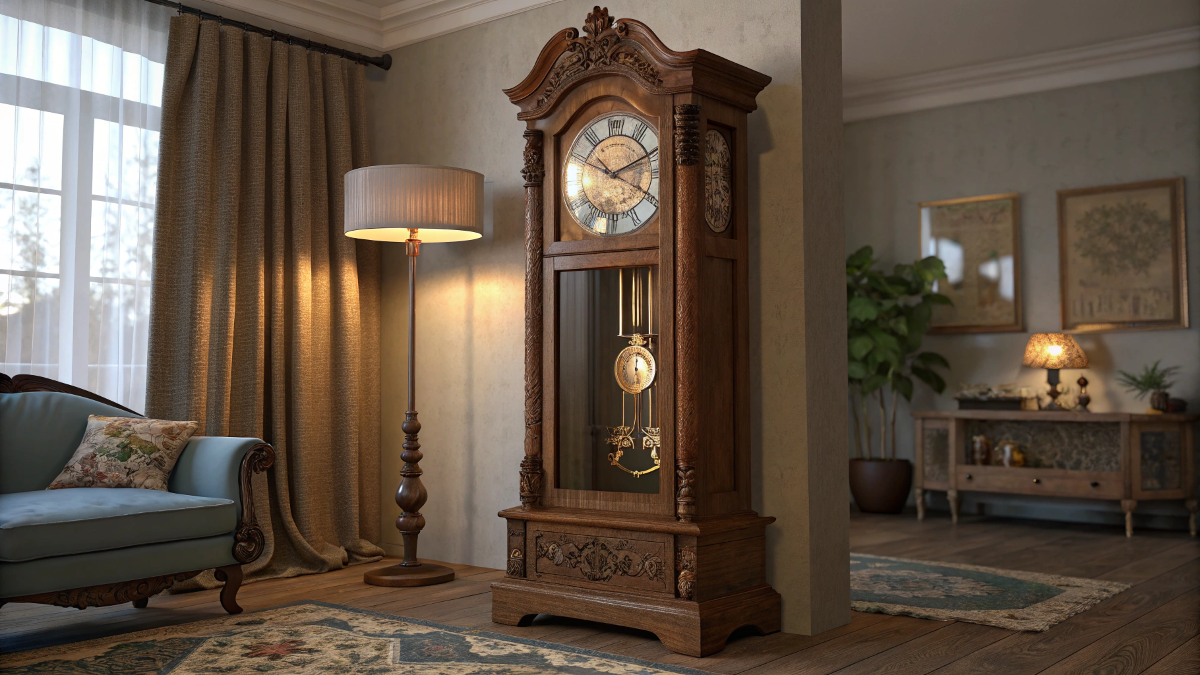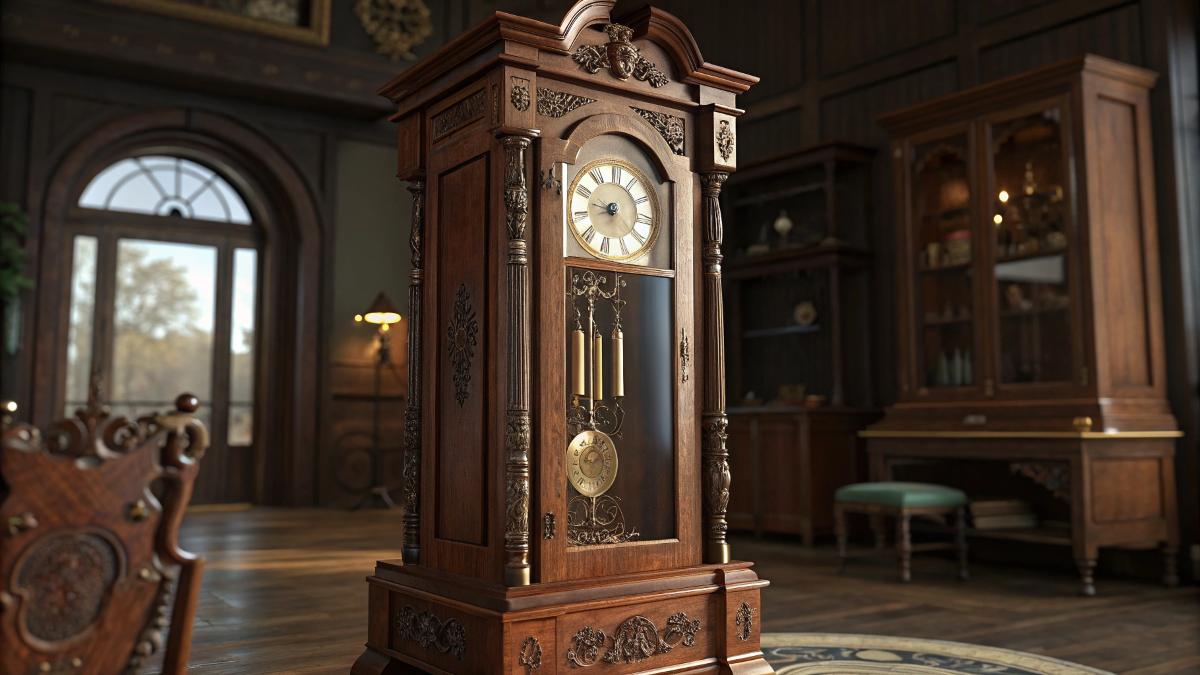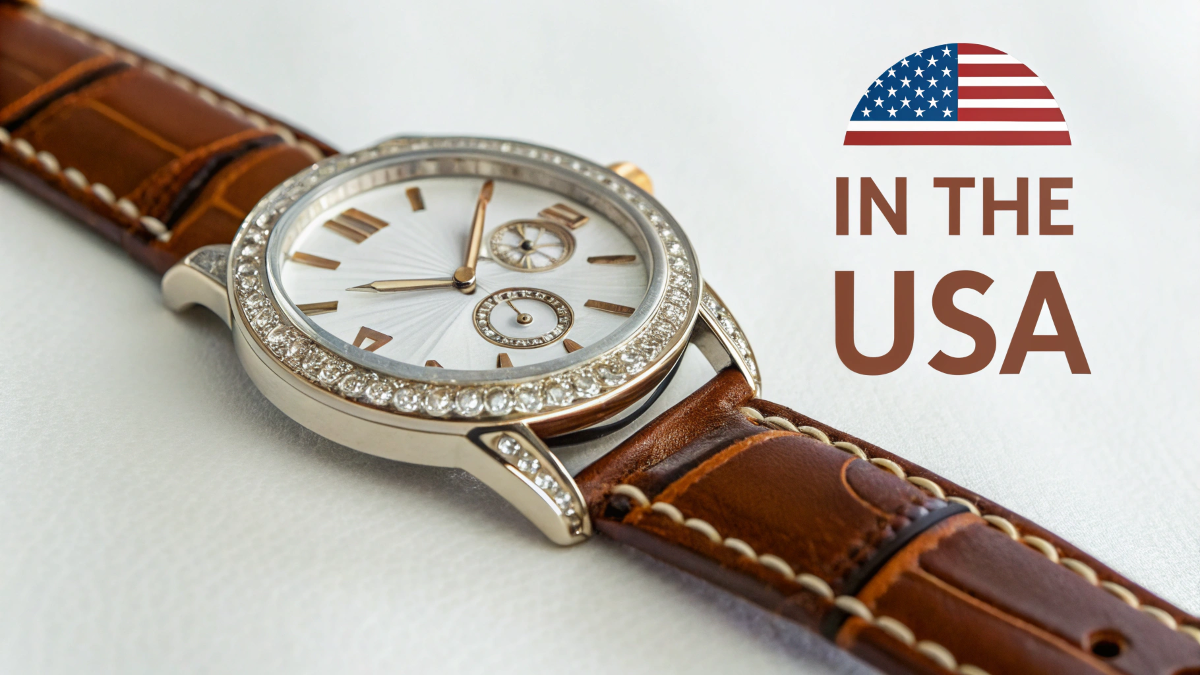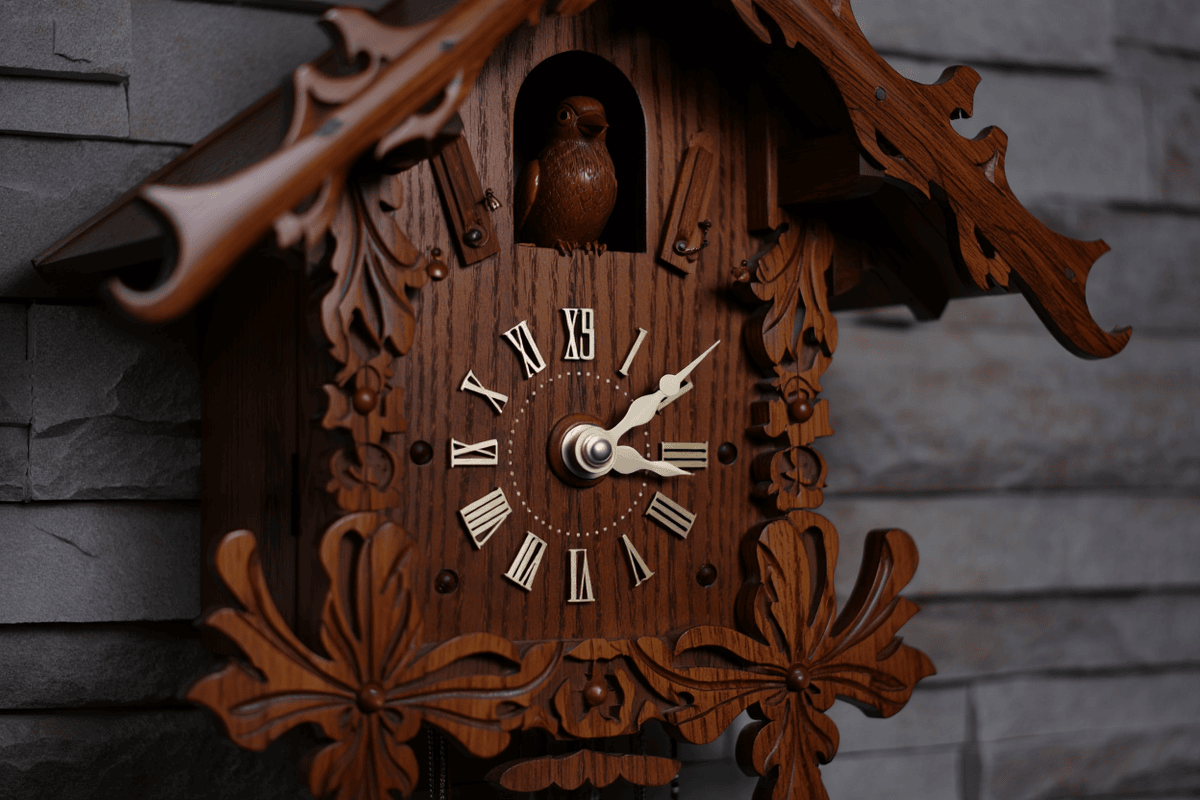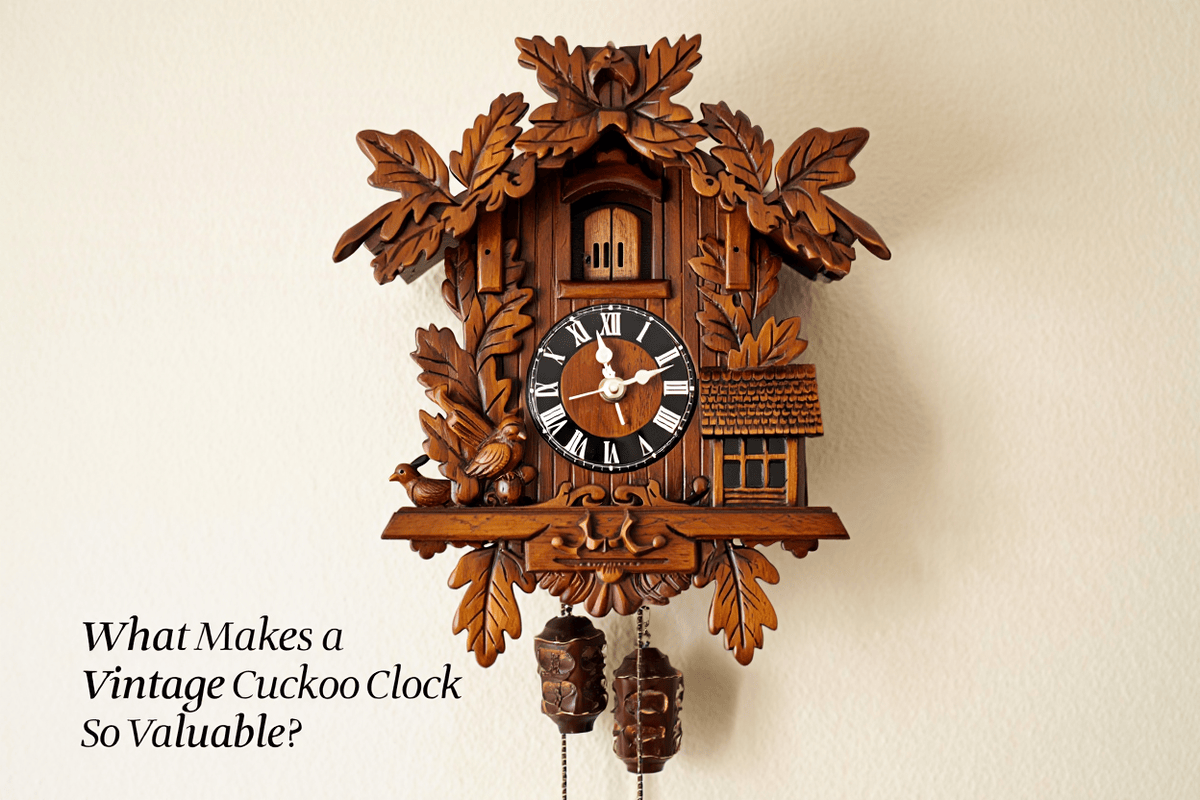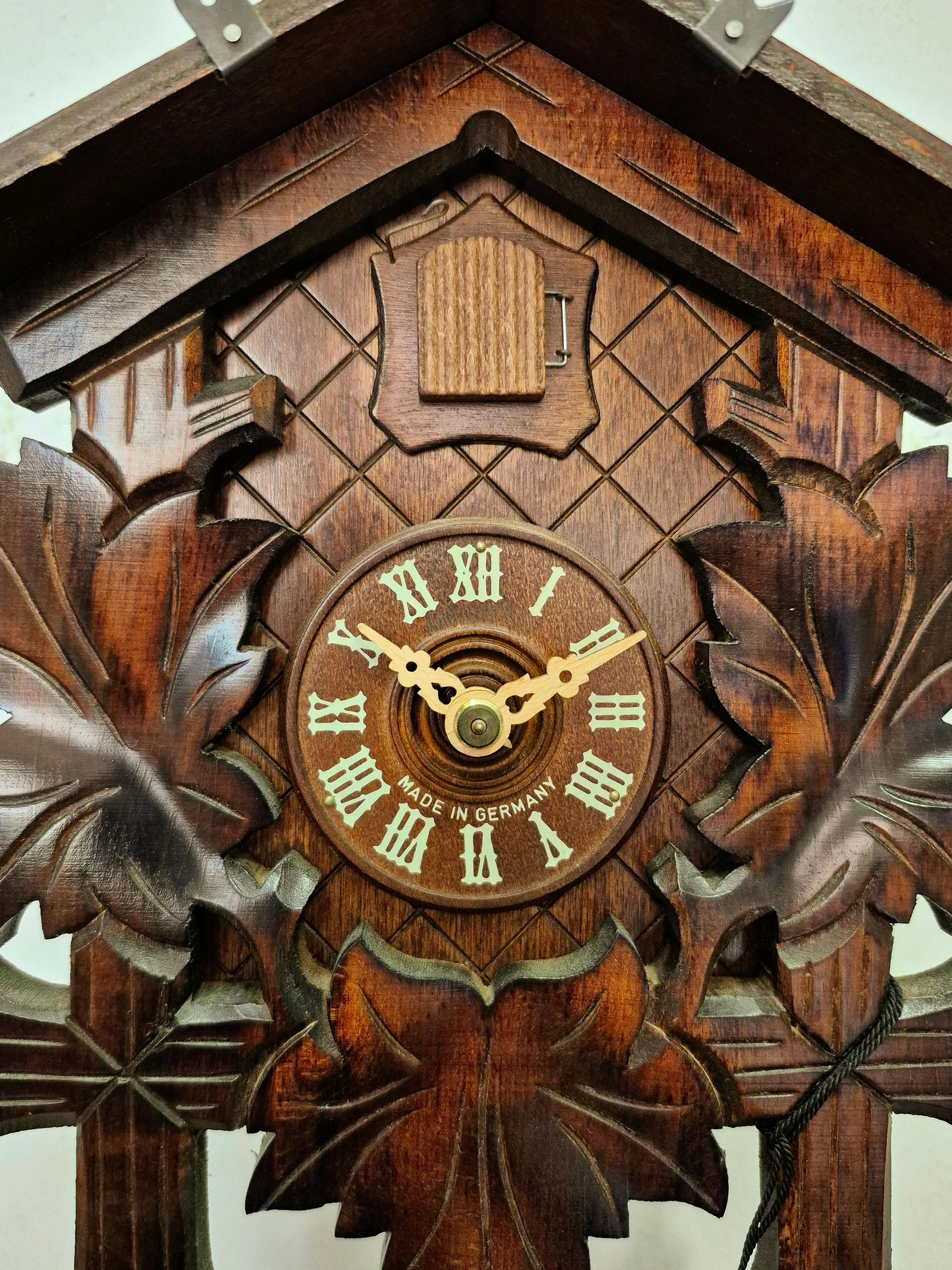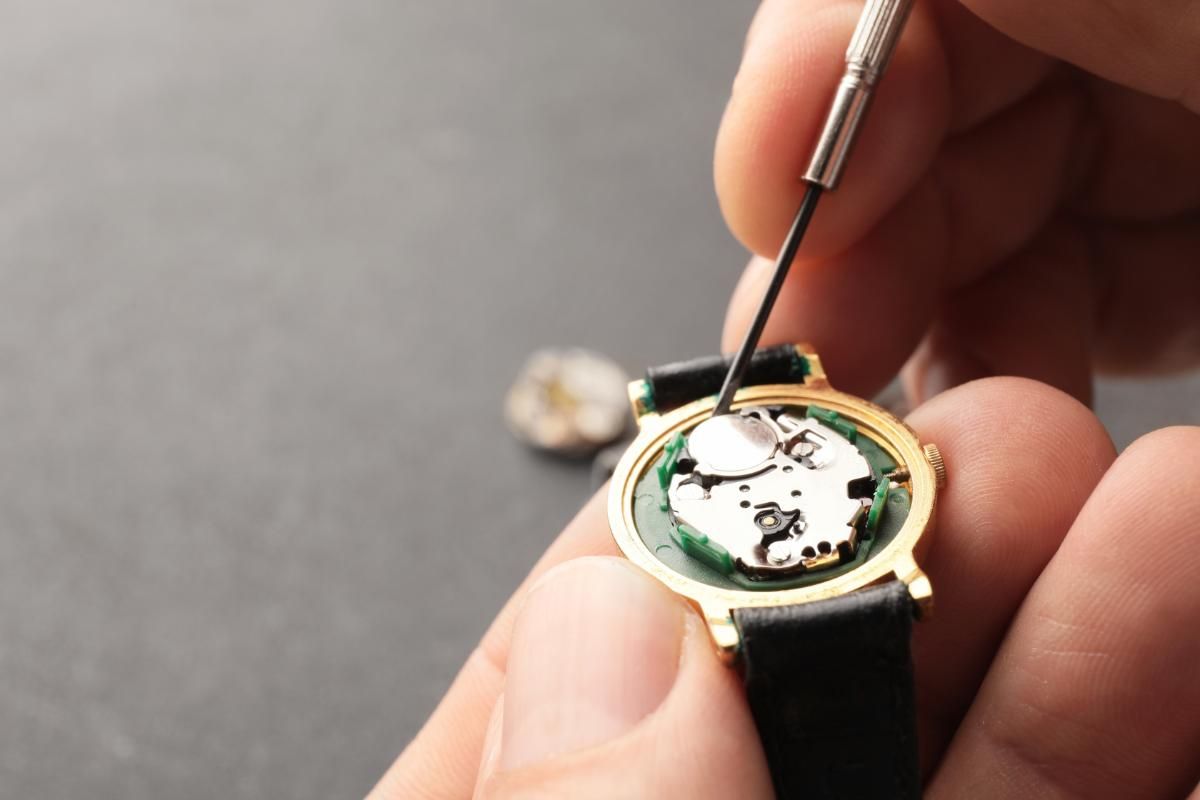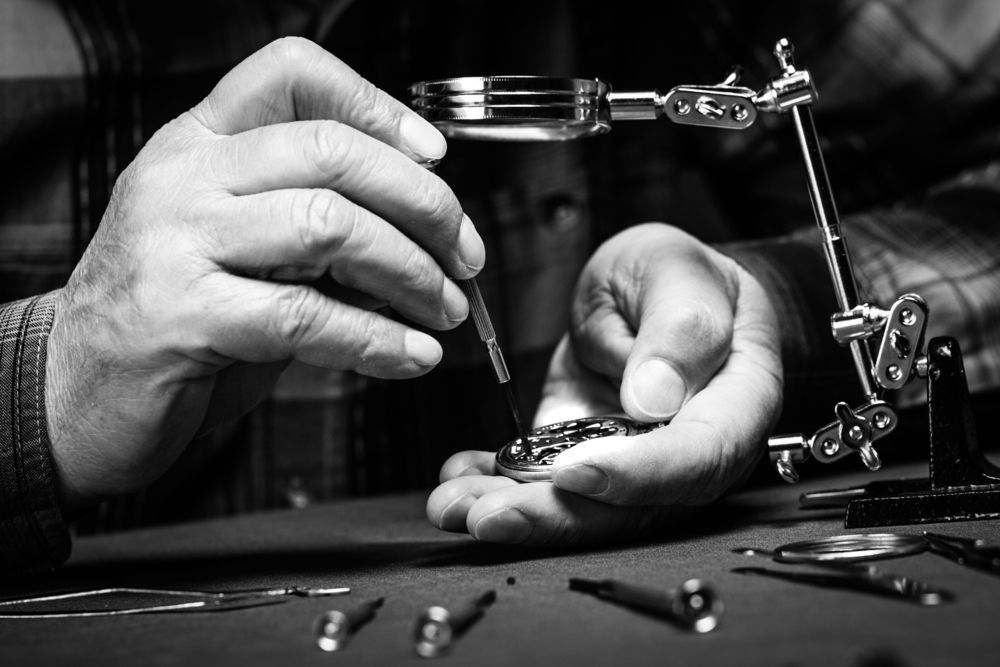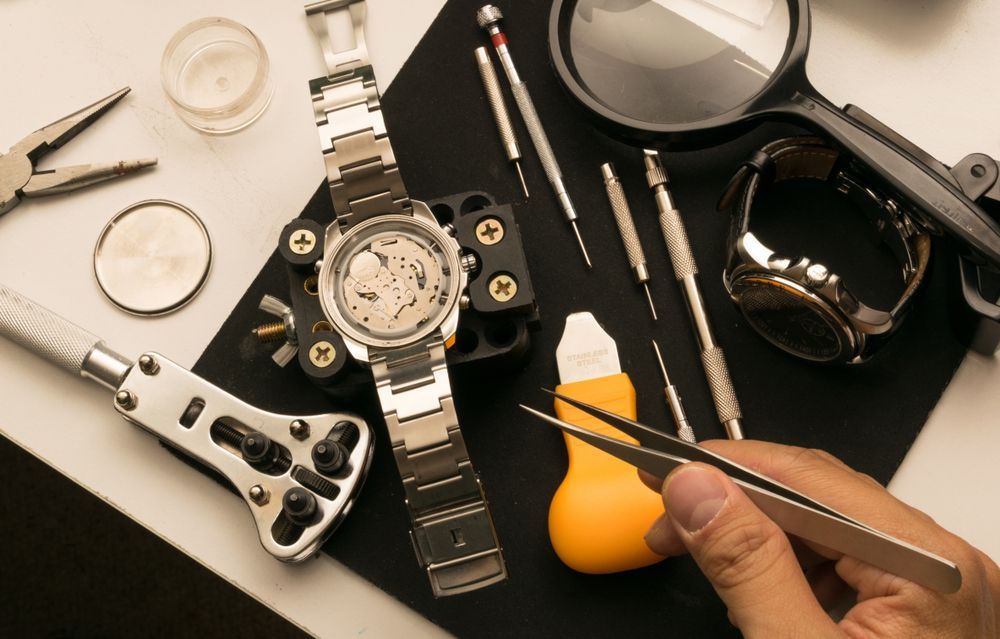Used Watches vs. New: Which One Should You Buy?
When it comes to buying a timepiece, the decision between purchasing a brand-new watch or opting for a pre-owned model can be surprisingly complex. While new watches boast the appeal of pristine condition and the latest features, used watches often provide more value, unique character, and occasionally, better investment potential. Whether you're shopping for your first luxury watch or adding to an existing collection, knowing the pros and cons of each option is crucial.
Let's examine the benefits and drawbacks of buying used and new watches. We'll compare value, durability, and investment appeal to help you make an informed choice.
The Pros and Cons of Buying a Used Watch
Buying a used watch can be a rewarding experience, offering access to high-end brands, discontinued models, and vintage craftsmanship. But it also comes with its own set of risks.
Pros
1. Cost Savings
The most obvious benefit of buying a used watch is the price. Pre-owned watches typically cost significantly less than new ones, even if they're in excellent condition. Luxury brands like Rolex, Omega, and Tag Heuer can depreciate as much as 20-40% the moment they are purchased new, offering savvy buyers a chance to own high-quality timepieces for a fraction of the cost.
2. Access to Discontinued Models
Many watch enthusiasts appreciate the chance to acquire rare or discontinued models. Whether it's a specific edition of a Rolex Submariner or a long-gone Omega Speedmaster, the used watch market opens the door to timeless treasures you won't find in modern catalogs.
3. Character and Patina
Used watches often have a charm and character that new ones lack. Over time, dials may develop a patina, leather straps soften, and certain models gain cult status due to their history or distinctive aging. These imperfections often add to the story and personality of the watch.
4. Slower Depreciation
Unlike new watches, which lose value rapidly, used watches have often already undergone the bulk of their depreciation. This means they tend to retain their resale value better, sometimes even appreciating in value over time.
Cons
1. Risk of Counterfeits or Frankenwatches
The used watch market is rife with counterfeits and "Frankenwatches" (timepieces made from mismatched parts). Without proper knowledge or a trusted dealer, buyers can easily fall prey to scams.
2. Hidden Wear and Tear
Not all signs of wear are visible to the untrained eye. Internal mechanisms may be worn or damaged, especially if the watch hasn't been properly serviced.
3. Lack of Warranty
Unless the watch is still within its original manufacturer warranty or purchased from a reputable dealer that offers one, buying used often means you're on your own if something goes wrong.
4. Limited Return Policies
Many private sellers or second-hand shops offer limited or no return policies. This can make it challenging if you change your mind or discover issues after the purchase.
New Watches vs. Pre-Owned: Which Offers Better Value?
Value doesn't always equate to cost—it also means quality, longevity, and personal satisfaction.
Financial Value
From a purely financial perspective, used watches typically offer better value. The initial depreciation on a new luxury watch can be significant, meaning that even lightly worn pre-owned models can represent substantial savings. Moreover, used watches often hold their value better and, in some cases, appreciate over time.
Emotional Value
There's something uniquely satisfying about unboxing a brand-new watch, knowing you're its first owner. For many buyers, the emotional joy and pride in wearing something brand new is worth the extra cost. New watches also come with warranties, fresh components, and sometimes the option to customize.
Functional Value
Functionality depends on the watch's condition and service history. A well-maintained used watch may work just as well as a new one, but it requires due diligence. New watches come with modern features, improved movements, and the peace of mind that nothing has gone wrong under the hood.
How to Inspect a Used Watch Before Purchasing
If you're leaning toward a pre-owned piece, it's essential to know how to evaluate its condition and authenticity.
1. Examine the Case and Crystal
Check for scratches, dents, or chips. While light surface wear is normal, cracks in the crystal or heavy damage to the case can indicate rough treatment or a history of falls.
2. Look at the Dial and Hands
Inspect for any discoloration, corrosion, or mismatched components. Reluming hands on a vintage watch, for example, might affect its value if not done professionally.
3. Review the Movement
Have the movement examined by a professional or ask the seller for a recent service record. Ensure the movement is original and consistent with the model.
4. Check the Serial and Reference Numbers
These numbers should be clearly engraved and match the official documentation. Cross-reference them with the manufacturer to verify authenticity.
5. Evaluate the Band or Bracelet
Bracelets can be expensive to replace. Check for stretch (especially in metal bracelets), excessive wear, and functionality of the clasp or buckle.
6. Request Documentation and Service History
The best used watch purchases come with complete documentation, including original boxes, papers, and service records. This not only adds to resale value but also verifies authenticity.
Why Vintage and Used Watches Can Be a Smart Investment
While not all watches are investment-worthy, certain used watches and vintage models offer real financial upside.
1. Scarcity Drives Value
As watches age and are discontinued, their availability shrinks. Collectors and enthusiasts are often willing to pay a premium for rare or sought-after models, especially those with unique complications, limited production numbers, or historical significance.
2. Legacy and Heritage
Vintage watches often represent the pinnacle of craftsmanship from a particular era. Brands like Patek Philippe, Audemars Piguet, and early Rolex models continue to appreciate in value due to their historic and artisanal value.
3. Strong Resale Market
Thanks to platforms like Chrono24, WatchBox, and others, there's a robust resale market for used watches. Models from brands like Rolex and Omega often resell for more than their original prices if kept in good condition.
4. Less Depreciation Risk
When you purchase a vintage or used watch that has already stabilized in price, you're less likely to lose money on it later, unlike a new watch, which begins depreciating the moment it leaves the store.
Where to Find the Best Deals on Used Watches
Knowing where to buy is just as important as knowing what to buy. Here are some trusted avenues for finding reliable used watches:
1. Reputable Watch Dealers
Authorized pre-owned dealers often offer refurbished watches that have been authenticated and serviced. They may also provide a limited warranty or return window. Look for dealers with physical locations or a long-standing online reputation.
2. Watch Shows and Collector Events
Attending a watch expo or collector meet-up gives you the opportunity to inspect pieces firsthand and speak with experts. These environments foster trust and transparency.
3. Online Marketplaces
Websites like Chrono24, Bob's Watches, and WatchBox offer a wide selection of used luxury watches. Make sure to buy from sellers with high ratings and authenticated listings.
4. Local Jewelers and Clock Shops
Don't overlook your local experts. Businesses like Chicago Clock Company offer a trusted environment for buying and servicing watches. With in-house experts, you'll get informed advice, authenticity verification, and often more flexible customer service than large online retailers.
5. Auctions
For seasoned buyers, watch auctions can yield some incredible deals on rare models. But they require research, fast decision-making, and often higher fees.
Should You Buy a Used or New Watch?
The right decision depends on your priorities. If you're looking for pristine condition, modern features, and warranty coverage, buying new is the way to go. However, if you're focused on value, character, investment potential, and a wider selection of models, used watches present a compelling case.
In either scenario, working with a trusted and experienced watch dealer is essential. Whether you're buying your first timepiece or adding to a collection, the right seller makes all the difference.
Let Chicago Clock Company Help You Make the Right Choice
At Chicago Clock Company, we understand the value of time, both in terms of craftsmanship
and your personal schedule. Whether you're in the market for a used watch, need expert advice
on choosing your next piece, or require professional watch repair or battery replacement,
- Expert clock and watch repair
- Battery replacement while you wait
- Wide selection of new and used timepieces
- Free estimates—no appointment necessary

